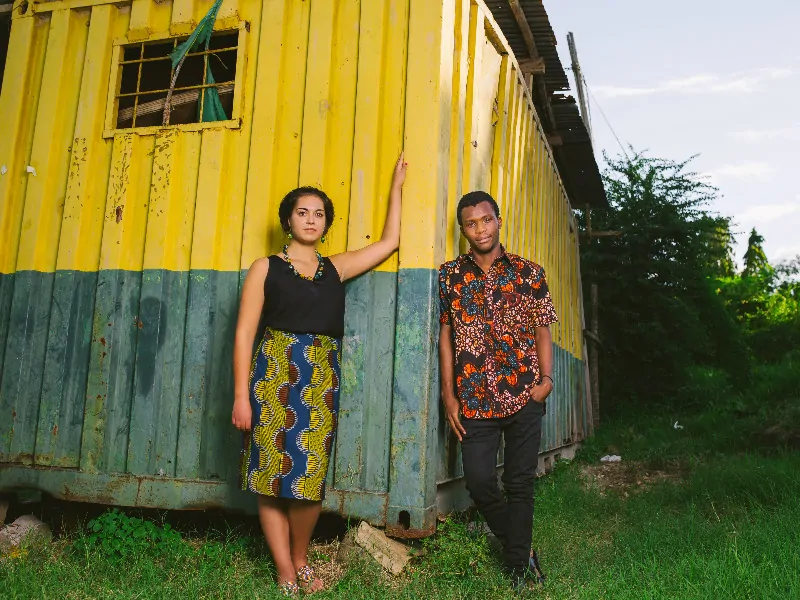We Have Closed
We have made the difficult decision to close down Kitenge Store. We thank you for visiting our website and for supporting our cause. With your help, we have supported the African textile industry and empowered Tanzanian tailors to improve their and their families’ livelihoods one garment at a time. We would like to thank our valued customers; without you, we could not have made such a positive difference. Best wishes, The Kitenge Store Team.

